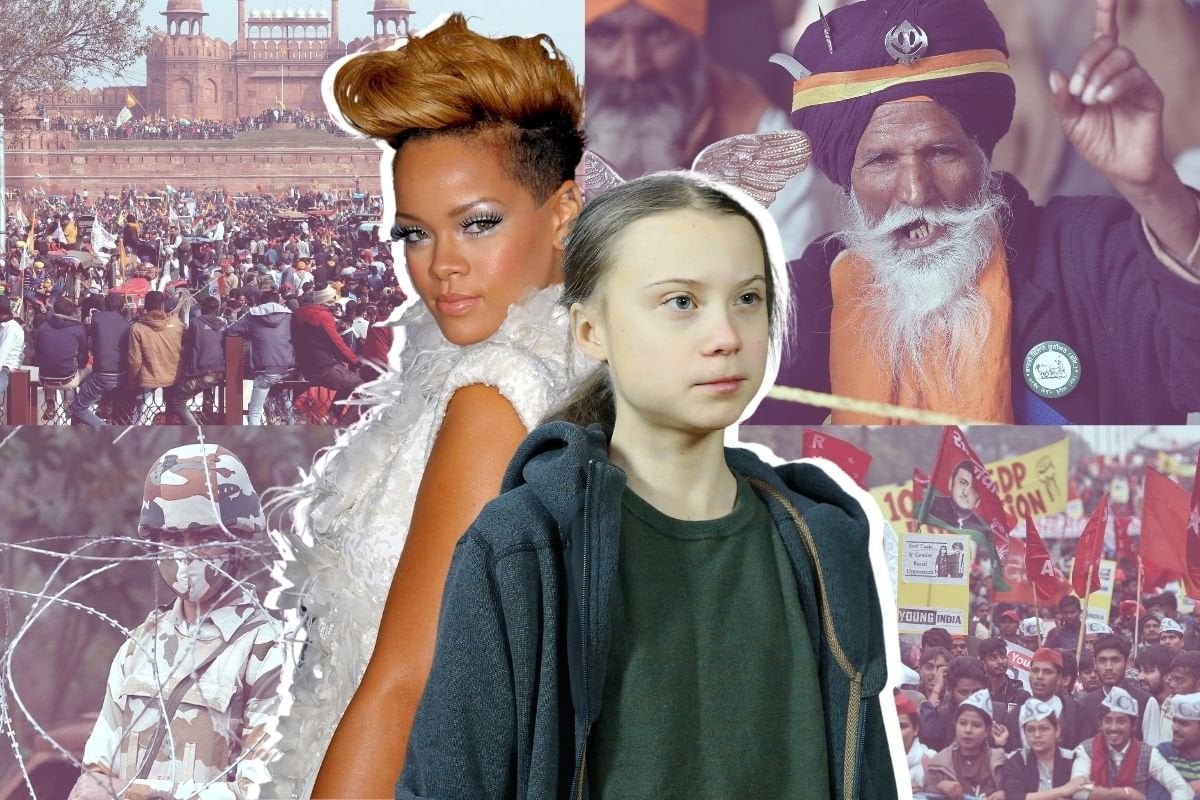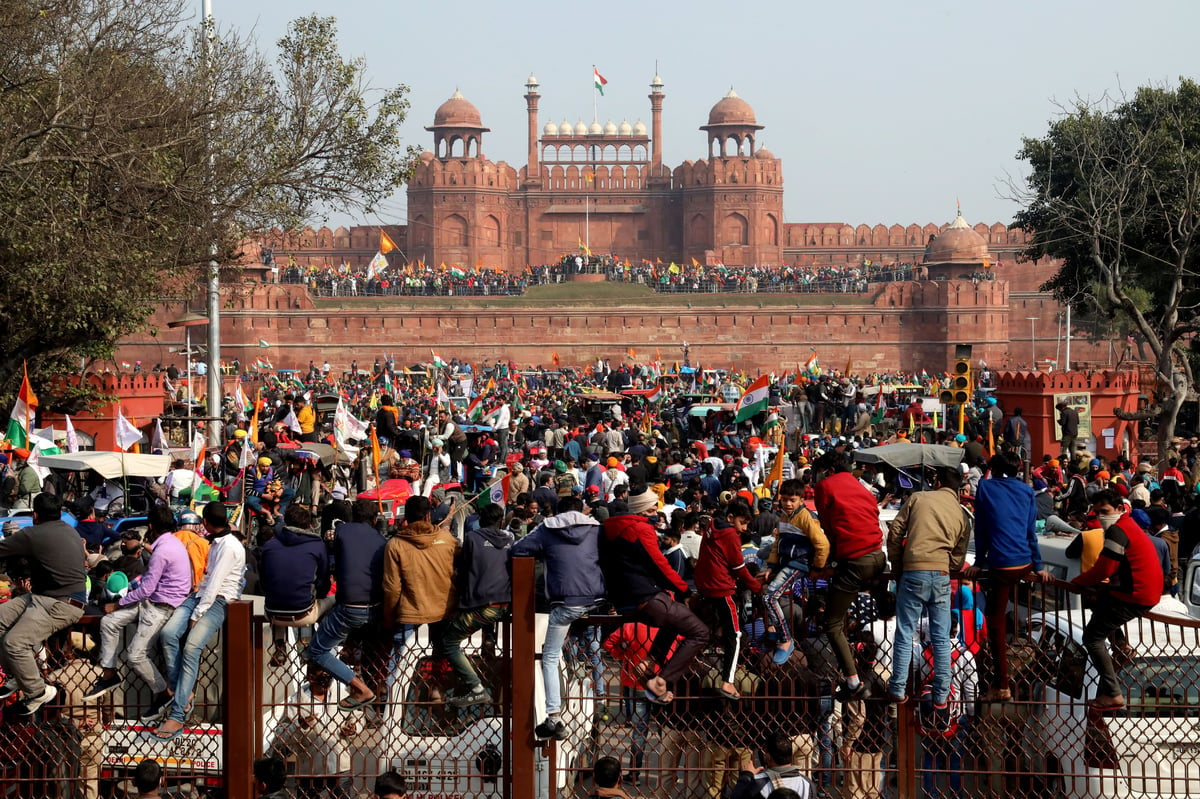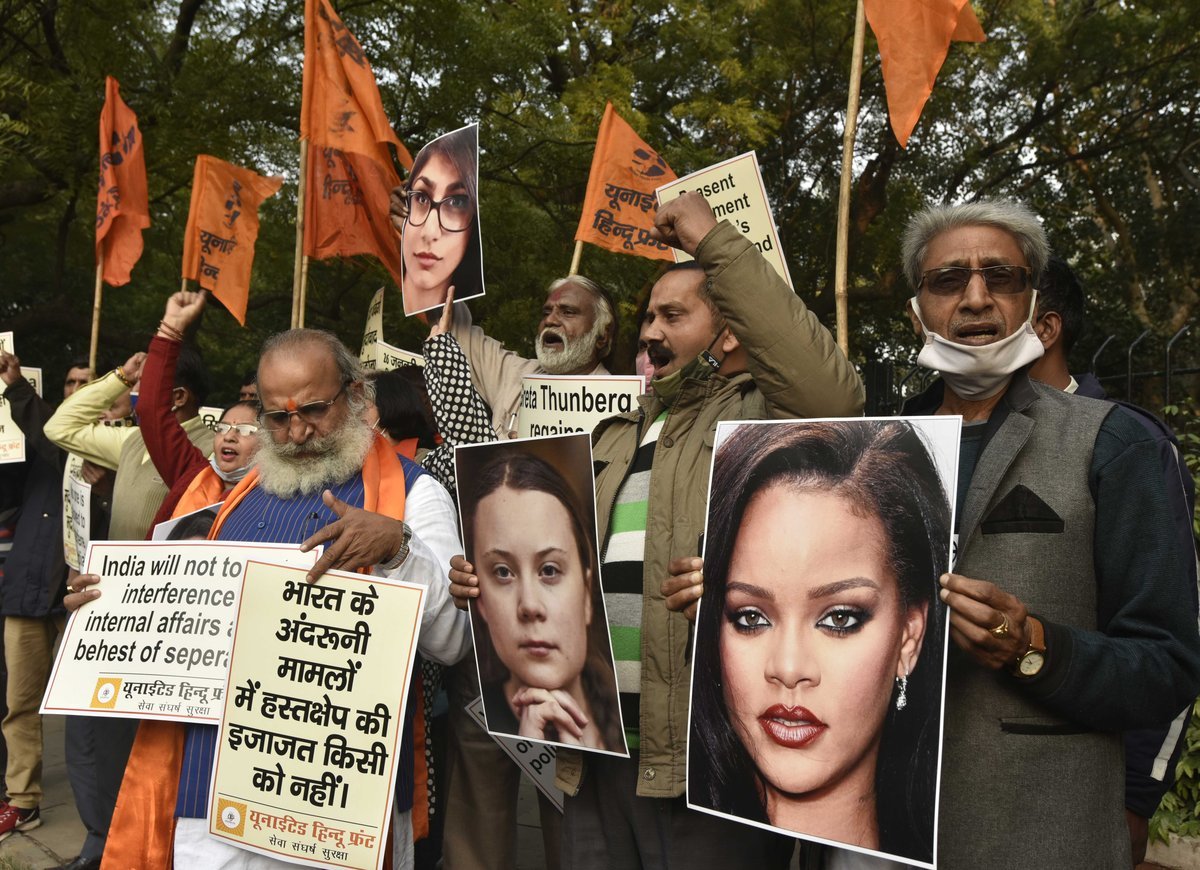
Pop singer Rihanna certainly isn't the start of this story. But because of one tweet, she's managed to single-handedly draw global attention to the plight of farmers in India.
Right now in India, tens of thousands of farmers are protesting against new laws that loosen the rules around the sale, pricing and storage of agriculture produce in the country.
More than half of Indians work on farms, with everyone from children to the elderly joining the demonstrations which have now entered a third month in and around Delhi's borders.
On February 3, Rihanna sent out a tweet to her 101 million Twitter followers.
"Why aren't we talking about this?!" she wrote, alongside the hashtag #FarmersProtest.
why aren’t we talking about this?! #FarmersProtest https://t.co/obmIlXhK9S
— Rihanna (@rihanna) February 2, 2021



Top Comments